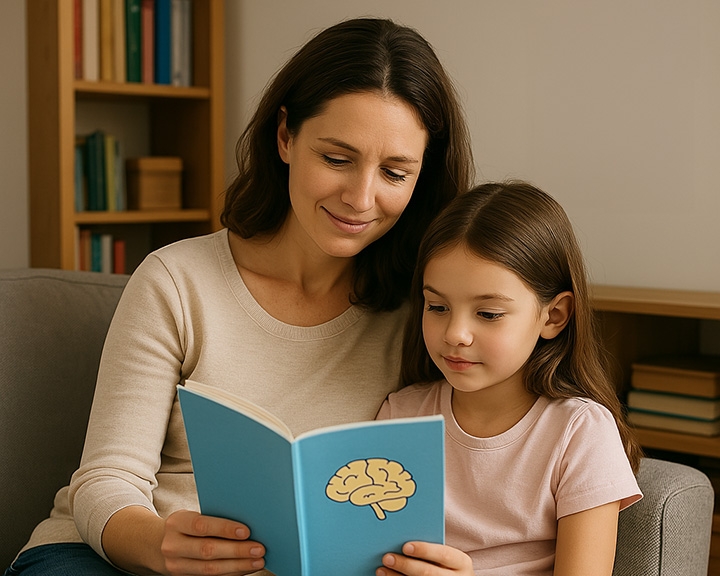
Five Common Misunderstandings About Attention Deficit Disorder
Confused by what’s true and what’s myth when it comes to ADHD? You’re not alone.
There are a lot of myths about Attention Deficit Disorder that always seem to persist, making it hard for parents to understand what is factual and what is simply a misconception. After all, as a parent, we often struggle with determining the best decision, and having to navigate around untruths makes it even harder.
To help you feel more confident in understanding ADD/ADHD, we can clarify some of the more common misconceptions:
Is ADD/ADHD a Medical Disorder?
ADD/ADHD is a medical disorder recognized by The National Institutes of Health, the Centers for Disease Control and Prevention, and the American Psychiatric Association.
Part of the challenge is that ADD/ADHD is difficult to diagnose. There is no specific test to absolutely diagnose the condition through laboratory tests, such as you can with many other medical diseases. Instead, it depends on the evaluation of specific criteria, by a licensed psychological or medical professional, determined from testing and an in-depth assessment.
Will Kids With ADD/ADHD Ever Outgrow Their Condition?
Historically, it was common for doctors and parents to incorrectly believe children with ADD/ADHD will outgrow the condition with age. However, we now know many kids are not likely to completely outgrow ADD/ADHD.
Recent studies suggest 85% of children with ADD/ADHD can expect aspects of their condition to persist well into their adult life. Fortunately, these symptoms will likely lessen for most of them as they get older. For some, however, their symptoms will continue into adulthood where, without treatment, they will often experience career, legal, and financial problems.
Does ADD/ADHD Only Affect Boys?
The symptoms caused by Attention Deficit Disorder do not change based on gender. Girls are just as likely to have ADD/ADHD as boys. However, boys are more than twice as likely as girls to be diagnosed.
This diagnosis gap is primarily due to the fact symptoms often present themselves differently between genders. Girls with ADD/ADHD tend to have less hyperactivity and overt impulse control than boys and instead may seem more “daydreamy." Ultimately, this makes the appearance of a problem less noticeable and more likely to be overlooked.
Aren’t the Symptoms of ADD/ADHD Just the Result of Bad Parenting?
Anyone who does not know you or your child may quickly attribute your child’s behavior to a lack of proper discipline. In reality, the problem is rooted in brain chemistry, not your parenting style.
Notwithstanding, behaviors attributed to ADD/ADHD can challenge even the best of parenting styles. While some techniques and best practices can help manage behavior, the best outcome requires professional advice, assistance, and treatment.
Is Medication the Only Way to Treat ADD/ADHD?
Medication can be an effective way to help to control symptoms of ADD/ADHD, but it can also have limitations and side-effects.
- First, medication only works on the day taken.
- Second, medication only treats the symptoms.
- Third, medication can lose potency after continued use, requiring larger dosing over time.
Fortunately, other options are available, either exclusively or in conjunction with medication, including the latest scientifically backed technology-based treatment (such as neurofeedback), behavior therapy, and cognitive-behavioral therapy.